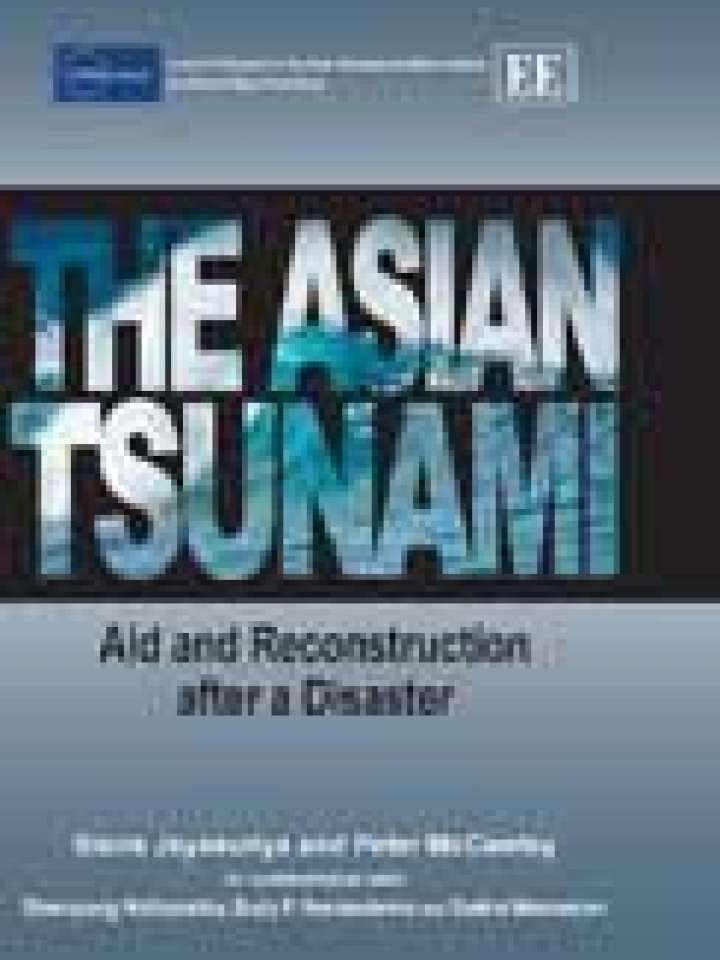The Asian tsunami: aid and reconstruction after a disaster
This study looks closely at the lessons that may be drawn from the unprecedented aid effort after the Asian tsunami. It presents data gathered by local scholars in key disaster-affected countries including Indonesia, Thailand and Sri Lanka, focusing on the goal of strengthening human security. It emphasises the need to design programmes that build resilience to disasters at the local community level.
The publication also discusses the lessons of the aid effort for disaster protection policy in developing countries. How effective was the aid? What lessons can be learnt about how to respond when disasters strike in poor countries? This book addresses these questions drawing on three themes of current development policy: international aid policy; human security and the poor; and approaches to disaster risk reduction.
The key lesson from this publication is the need to 'go local' in building up resilience at the grassroots level in poor countries in Asia. Others include the need for better cooperation between the international community and local and national organizations as well as the need to ensure that adequate funding is provided to support disaster protection and post-disaster recovery programs while taking into account cost inflation associated with large-scale reconstruction efforts. This analysis draws on the views of local contributors from the countries most affected by the disasters.
Explore further
